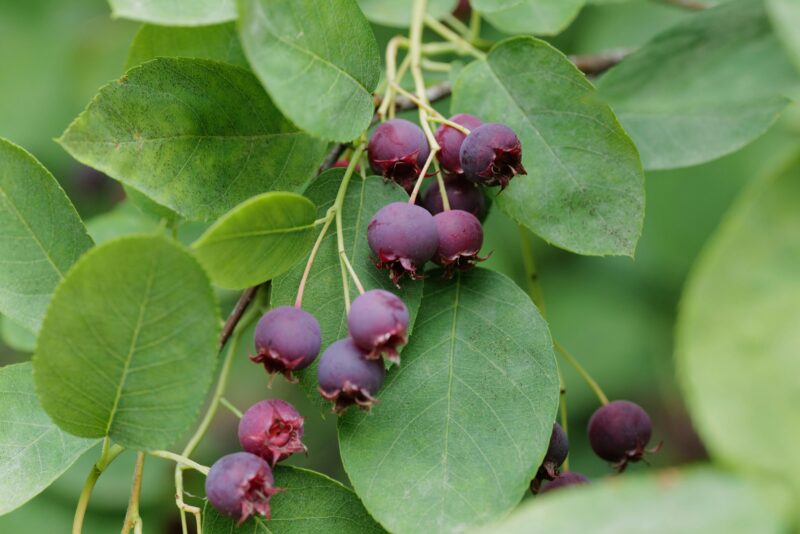Food sovereignty is a key part of the work Indigenous peoples are undertaking to strengthen food security in their communities.
To encourage everyone to learn more and to reflect on their relationship to the land, we’re highlighting what food sovereignty is and just some of the organizations working to increase it in their regions.
What is food sovereignty?
Food sovereignty is the right of peoples to define their own food and agriculture systems that allow them autonomy over the production of healthy, culturally-appropriate food. It shifts away from thinking about food as something to be bought and sold, and toward the idea that food is a human right.
The concept of food sovereignty was created by La Via Campesina, a global movement of agricultural producers, particularly in South America, in 1996. The organization has shared that sovereign food systems work with, rather than against, nature and prioritize building the knowledge and skills of those producing the food. It also advocates for localized food systems and valuing food providers.
In Canada, colonization has impacted Indigenous peoples’ control of local food systems, both historically and in the present. The involuntary intrusion of external policies and practices into Indigenous ways of life led to the strict regulation or banning of harvesting, hunting, gardening, and most cultural and spiritual practices. This has led to a loss of access to traditional foods and has eroded generationally-passed knowledge about food practices in Indigenous communities, which have both contributed to higher rates of food insecurity.
How does food sovereignty connect to our work?
The principles of Indigenous food sovereignty run parallel to our vision at Feed Ontario, to create a future where everyone in the province is food secure.
As a part of this goal, it’s important to acknowledge that colonialism has an ongoing and disproportionate impact on Indigenous peoples’ food security across the continent. Our research, conducted in partnership with Oshki-Pimache-O-Win: The Wenjack Education Institute, has shown that today Indigenous communities face tremendous food-security challenges, including long distances to food retailers and exorbitant food costs compared to other areas of the province.
But even so, Indigenous food sovereignty has been and is still practiced, and it’s essential to recognize the work being done by Indigenous peoples to support food sovereignty in their communities.
Indigenous food sovereignty initiatives in Ontario
As the Yellowhead Institute notes, “Indigenous food sovereignty is a living reality.” In Ontario, there are many Indigenous-led initiatives to strengthen food sovereignty.
The Ontario Federation of Indigenous Friendship Centres (OFIFC) created the Wiisinadaa: Let’s Eat! program that provides and increases access to traditional foods, educational information on healthy eating and meal preparation, and teachings on ways of growing, harvesting, and preparing traditional foods.
As a part of our commitment to Indigenous food sovereignty, we help support participating locations of the OFIFC with fresh food boxes for local food programs. We’re also grateful to have received trainings from the OFIFC and for the continued growth of our partnership.
Another alliance, Wiicheiwaymagon, brings together Indigenous-led organizations and tribal councils with food banks in Ontario, Manitoba, and Nunavut, to provide greater access to food in remote northern communities.
Since it was formed in 2023, the organization has created the Wiiche’iwaymagon Buying Alliance, a nonprofit operation that negotiates fair prices for food and facilitates bulk purchasing directly between its vendors and member communities.
We’re honoured to be an active partner of Wiicheiwaymagon, and along with other community organizations, have signed a treaty to show our commitment to this work as the group creates greater access to food in their communities.
To learn more, read our full statement on Indigenous food sovereignty, find out more about Wiicheiwaymagon’s work, or watch the OFIFC’s documentary about the Wiisinadaa: Let’s Eat! program.
